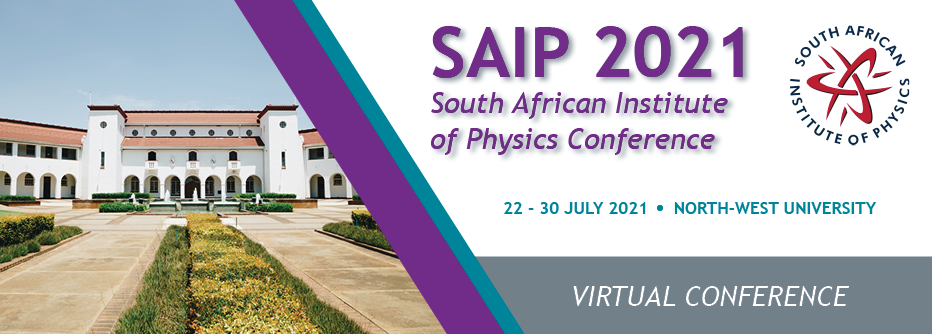Speaker
Description
A search for $tWZ$ production using events containing three leptons from Run 2 ATLAS proton-proton collision data with a centre of mass energy of 13 TeV will be presented. An event selection scheme was developed using simulation to select $tWZ$ events and to broadly suppress background events. Events were then separated into mutually-exclusive regions of phase space to increase the amount of $tWZ$ events compared to background events, and to calibrate the modelling of the background production processes. Background events were further suppressed through the use of Gradient Boosted Decision Tree (GBDT) machine learning algorithms. First, a GBDT was trained to identify hadronically-decaying $W$ bosons since these are a characteristic feature of $tWZ$ events and help distinguish between $tWZ$ and one of the major background processes, $WZ$. Then, this GBDT and other event information was used to train an event-level GBDT used to distinguish between $tWZ$ and all backgrounds. Using the output of the event-level GBDT, a maximum likelihood fit was used to estimate the signal strength, $\mu$, of $tWZ$ production, where nuisance parameters were assigned to theoretical and experimental systematic uncertainties. A signal strength of $\mu = 1.80^{+1.88}_{-1.83}$ was determined with an expected significance of $0.55\sigma$, and an expected upper limit on $\mu$ of $3.6^{+3.1}_{-1.7}$ was also determined. The preliminary blinded results show that the search has the potential to put the strongest ever constraint on tWZ production, but does not have the potential to observe tWZ production as predicted by the Standard Model. These constraints are limited by statistical uncertainties, therefore an outlook on future measurements of $tWZ$ within ATLAS will be discussed.
Level for award;(Hons, MSc, PhD, N/A)?
PhD
Apply to be considered for a student ; award (Yes / No)?
Yes

